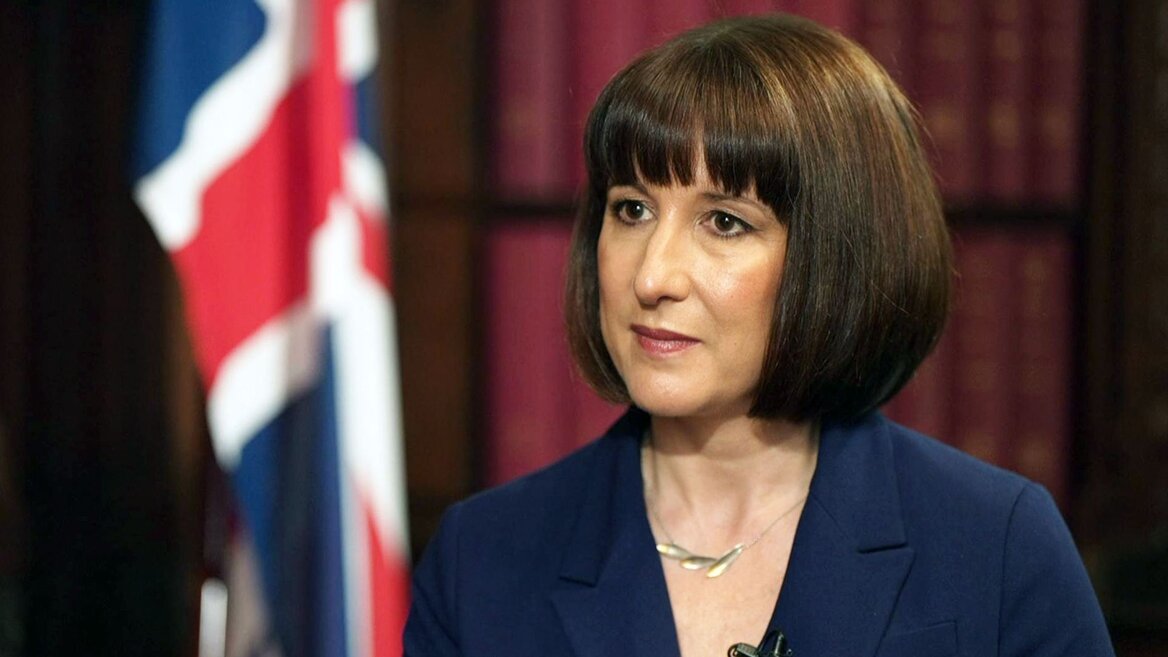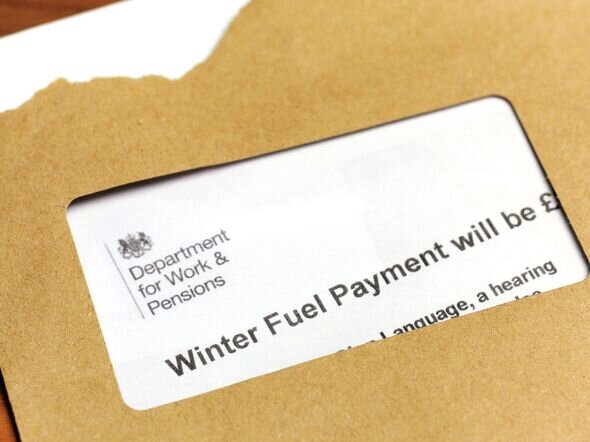The UK property market, usually subdued during the summer, has been hit by an even deeper slump this year as uncertainty over Labour’s proposed tax reforms stalls sales and saps buyer confidence. Industry insiders describe the sector as being “on life support” as homes languish unsold, prices edge downwards, and nervous buyers walk away from deals.
The turbulence follows a raft of potential tax changes flagged ahead of the autumn Budget. Proposals included a levy on vendors of homes valued above £500,000, replacing stamp duty, and the introduction of capital gains tax on primary residences worth more than £1.5 million. Although the Government has since distanced itself from the most controversial ideas, the speculation alone has had a chilling effect.
Tax Proposals Spark Widespread Alarm
The property sector has been rattled by suggestions of a so-called “mansion tax” and other sweeping reforms. Early leaks pointed to charging vendors instead of buyers for high-value property transactions, as well as taxing capital gains on main homes in expensive areas.
Rachel Reeves’s proposal for taxing sales of properties worth over £1.5m has caused particular concern in prime central London, where such homes are common. Buyers and sellers alike are now delaying decisions until the Budget provides clarity.
Sales Falling Through at Alarming Rates
The uncertainty is not just theoretical. According to Simon Gerrard of Martyn Gerrard estate agents in north London, nearly 20% of agreed sales collapsed in August as buyers pulled out. He explained: “The panic, confusion and uncertainty sparked by these potential new taxes have caused almost 20% of our agreed sales in August to see the buyers withdraw only a week or two later.”
Greg Tsuman, also of Martyn Gerrard, added that after more than two decades in the industry, including the financial crisis and the pandemic, he had never seen such a stagnant summer. “The market should be booming, given that interest rates have started to ease. Instead, we are experiencing a drought.”
Properties Taking Longer to Sell
Data from Hamptons shows that the average home took 64 days to sell in August a full week longer than last year. New instructions were also down by 3% year-on-year, suggesting that fewer homeowners are even bothering to list their properties amid the climate of doubt.
Meanwhile, Zoopla reported that 34% of properties on the market had reduced their asking prices, a level reached only once before, in 2023, since 2012.

Prices Slip as Market Confidence Evaporates
Nationwide figures showed that house prices dipped by 0.1% between July and August the fourth fall in six months leaving values down 0.4% over the summer. While modest, the trend points to weakening confidence.
Nina Harrison, a buying agent at Harringtons UK, described the effect on buyers: “Much of the stock has been hanging around for months. Flats that I first showed in May are only now going under offer, often at reduced levels. Few deals are reaching asking prices, and while competition occasionally sparks, it’s the exception rather than the rule.”
London’s Prime Market Particularly Hard Hit
The high-end market in London has been disproportionately affected. According to data firm LonRes, transaction volumes in prime central London were down 20% year-on-year in July.
Sotheby’s International Realty’s Becky Fatemi described this summer as “one of the quietest we’ve seen in prime central London for some time even by the usual June to August standards”. She added: “The Government is not helping, and the Budget unknowns have stalled the market further. Buyers remain cautious and sellers are holding firm on price.”
For many households, it’s not just property taxes causing concern - uncertainty around tax credits also plays a role in financial decision-making. Families are weighing up how changes might impact their income, savings, or eligibility. At Pie, we help make sense of these complex rules, such as understanding how much you can earn and still receive tax credits
Buyers in Wait-and-See Mode
Zoopla suggests that many buyers are adopting a “wait-and-see” stance until the Budget clarifies the situation. Christopher Clark of Ely Langley Greig chartered surveyors echoed this sentiment, warning: “The market is presently on life support. Potential buyers are awaiting the outcome of the autumn Budget before they decide what to do.”
With the Bank of England recently cutting interest rates from 4.25% to 4%, conditions should have favoured a recovery. Instead, the tax debate has paralysed activity.

Government Response
A Government spokesman sought to reassure the sector, highlighting its broader house-building agenda: “As set out in the Plan for Change, we are getting Britain building and delivering on our stretching target of 1.5 million homes, as seen with our planning reforms, with planning applications up in the first quarter of this year and expected to grow the economy by £6.8bn while cutting borrowing by £3.4bn.”
Yet for many in the industry, words of reassurance are unlikely to offset the market’s current paralysis until the Budget finally resolves the uncertainty.
Final Summary
Property sales stall as tax fears hit confidence.
At Pie, we know first-hand how uncertainty around tax rules can affect not just household finances, but confidence in the wider economy. The UK housing market has entered a precarious phase, with Labour’s floated tax reforms dampening demand, delaying transactions, and driving down prices. While the Government has rowed back on some of the most contentious proposals, the mere prospect of sweeping change has left buyers hesitant and sellers frustrated.
With transaction times lengthening, sales falling through, and discounts becoming commonplace, the sector faces a critical test in the months ahead. The autumn Budget now looms as the decisive moment: clarity could restore confidence, but fresh tax measures could deepen the market’s malaise. For now, the property market remains frozen, balanced uneasily between recovery and further decline.










